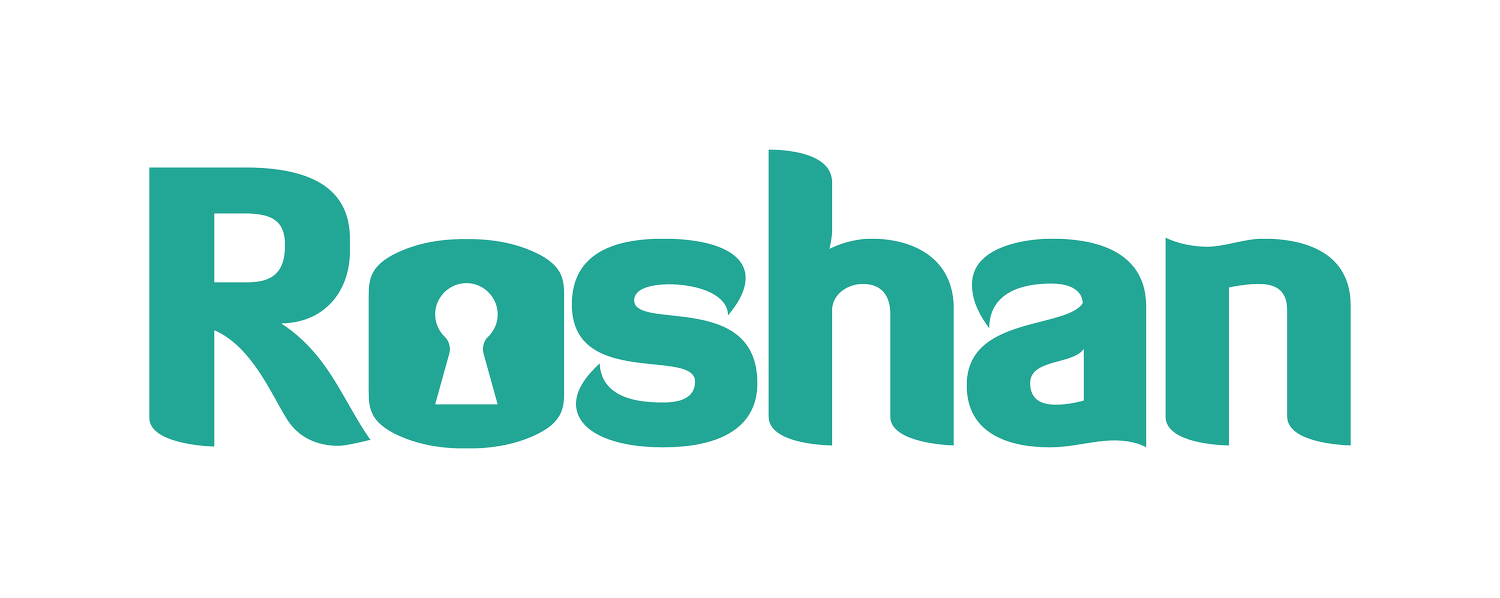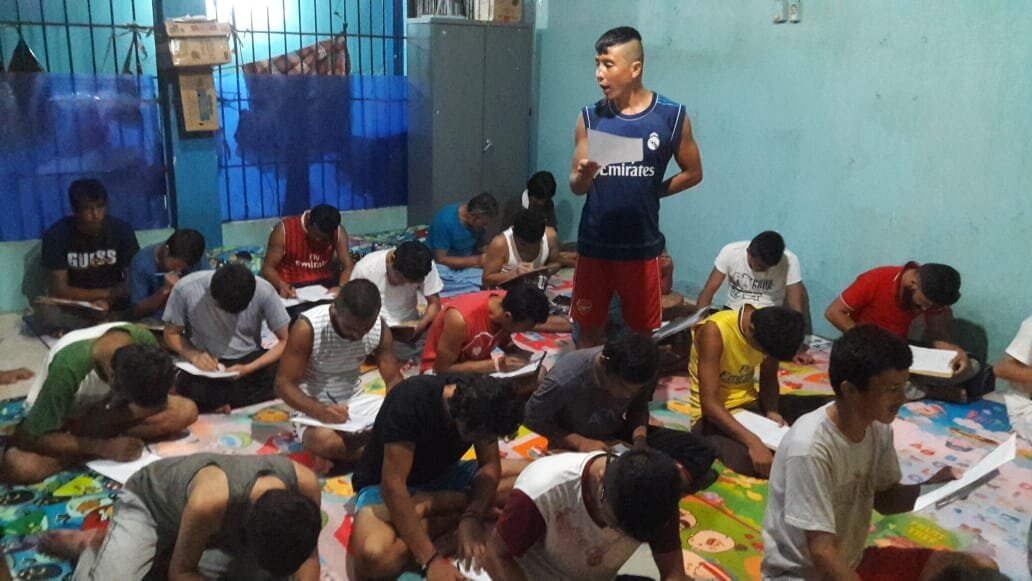A Thirst for Education
My father was a shoemaker. All through the springtime of his life he worked tirelessly day and night to make enough money to provide his family with food and a roof over their heads. He lived a very simple life and gave up everything for us to see our happiness, which meant everything to him.
He advised me to go to school and make my future through education. He told me he wanted me to pursue my own dreams and shape my own future. He was never ashamed of any kind of work, but he always told me that it is easier to hold a pen than a hammer.
After finishing 9th grade, I felt frustrated because I could not make any financial contribution to my family. Then an idea clicked: I decided to go and study at the English language centre. I was unsure whether my father would allow this, but when I told him he was very pleased and full of encouragement. I started learning English with great enthusiasm. When I finished my advanced class, the head of the Academy offered me a job teaching Beginner English to the students.
I was teaching both girls and boys in the same class. In Afghanistan’s traditional society this was forbidden. Religious people objected and the Taliban denounced those of us teaching English to Muslims as infidels promoting Western language and culture.
Inevitably, I was reported to the Taliban and subsequently forced to flee my homeland because I was in immediate danger of being kidnapped and killed. I fled to Indonesia through India and Malaysia. Before I arrived in Indonesia I thought I would pursue my schooling and be resettled to Australia or the United States within one or two years, but nothing turned out as I had imagined.
After I was registered as an asylum seeker by UNHCR in Jakarta I found myself without a home or support. By then, the Australian government had reduced its annual rate of refugee intake from Indonesia. They confirmed that Australia would never resettle those of us who arrived in Indonesia after July 2014. This news tore my heart apart and made me completely hopeless.
Eventually, unable to survive on the streets, I surrendered myself to the Pontianak detention centre in the hopes that they would release me to the care of the International Organization for Migration (IOM)*.
Erfan receiving a certificate from IOM for teaching English to other refugees while he was in detention.
Living in the detention centre was like living in a nightmare. With each passing day I became more emotionally fragile. I looked with dread at the faded and sad faces of my fellow refugee brothers held in detention for many years, wondering if this would be my destiny too. Waiting and waiting to be released into community housing, I sank slowly into the trap of disappointment and frustration. Time was passing and I could not achieve anything I had intended to do. My whole life was on pause. None of these hardships, however, took away the thirst I had for studying and helping my fellow refugees in such extreme living conditions.
I found hope in my fellow refugee brothers in detention. We had no access to professional counselling, but we were each other’s companions. When we found ourselves mentally stuck and depressed, we would come to each other and find somewhere quiet to sit and talk openly about the issues that preoccupied us. They told me it was a relief to be able to share their problems with me. This also gave me the chance to identify my own problems and find a companion with whom I could share my worries before they took an intolerably heavy toll on my mental health.
After weeks of struggling for survival in detention, I remembered my father telling me never to give up on my dreams. I forced myself to start utilizing my time wisely by improving my English skills and setting up four different English classes for others in the center. I had nearly 70 students regularly attending the classes each night, keen to learn a new language and build their future instead of just counting each day and waiting to be released. These classes brought me joy and a sense of accomplishment, even though my life was not developing in the way I had hoped it would.
At last, in July 2018 I was released from detention and admitted to community housing in Batam, Indonesia. Since then, I have been living in a shelter managed by IOM. I again imagined I would be resettled or go to university soon after moving into community housing, but I have been here for two years and only a handful of refugees have been offered resettlement through UNHCR. Even those people have not yet been sent to a third country as quotas for refugee resettlement continue to shrink. The waiting period for resettlement gets longer and longer.
I have already lost five and half years of my life living here, never knowing how much more of my time will be lost before a country offers me resettlement. Indonesia is a beautiful country, but for its own people, not for refugees. We are cut off from all the privileges that make life a little easier and more bearable. And all we can do is wait. We continue to live in a state of anxious uncertainty, hoping and hoping that good days will come so that we can be free to find opportunities to make our future better and bright.
I feel that my dream of going to school, being mentally free and able to work, and having an independent life has died in my heart, and after all this waiting I find it hard to believe it will ever become a reality. Nobody can return the time I have lost here, but the limitless thirst for education remains deep in my soul.
Erfan is a Hazara writer from Afghanistan. He is an activist, volunteer focal point and interpreter for refugees in Indonesia. He has lived in constant uncertainty in Indonesia after being compelled to flee Afghanistan since 2014. Recently, Erfan was offered an opportunity to study for the GED through Roshan's GED Support Program.
* Prior to 2020, refugees who wanted to receive housing and basic assistance from the International Organization for Migration (IOM) first had to spend time in a detention center, basically a prison, and be processed by Immigration and referred to IOM for support. As of April 2020, there were 7 refugees who remain in immigration detention centers.




